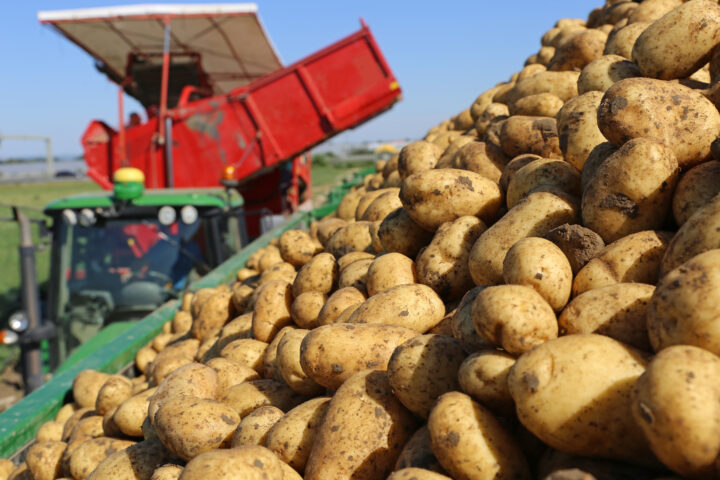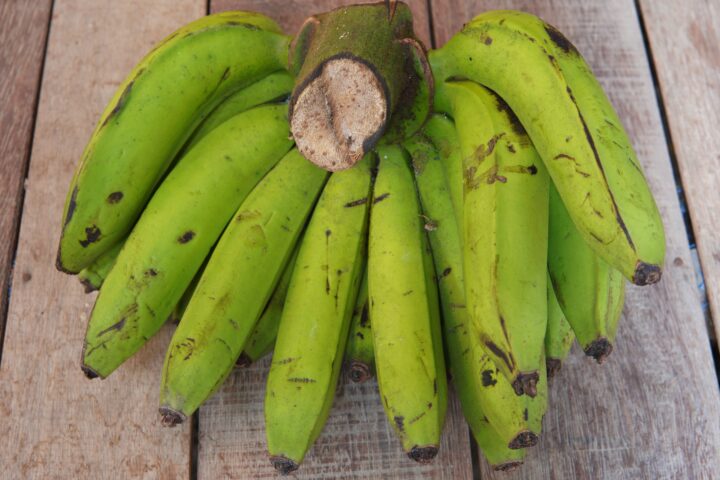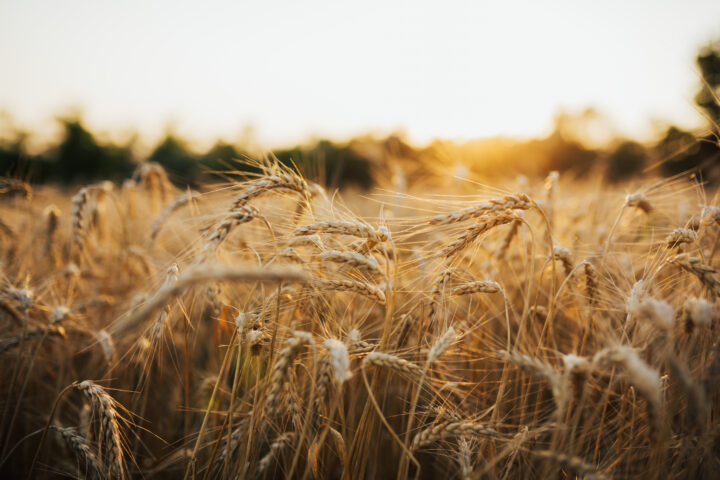
Urban beekeeping is endangering biodiversity
Beekeeping is booming in Swiss cities. Urban residents want to make a contribution to the conservation of the honeybee. However, a study by the WSL research institute shows that the amateur beekeeping is not sustainable. It endangers biodiversity in cities, as honey bees increasingly displace wild insects.
Monday, March 7, 2022
As the "Tages-Anzeiger" writes, wild insects such as butterflies or wild bees find almost no food anymore in urban areas due to the high bee population density. In many cities, green spaces are not enough to provide honey bees with enough food. This is the result of a study by the Swiss Federal Institute for Forest, Snow and landscape Research (WSL). Between 2012 and 2018, according to the authors, the number of urban hives has increased from 3139 to 9370 – that is a tripling in just six years. Study author Joan Casanelles Abella says in a media release from the WSL: "The key message of our results is that the green areas cannot keep up with the existing density of the hives."
Better regulation required
The authors of the study see the findings as proof of a need for regulation of beekeeping in urban areas. A sustainable strategy is needed. This includes, for example, regulating the number of beekeeping sites and the density of hives. Such rules are currently completely lacking. However, an improvement of the food supply for insects in cities – for example, a better range of flowers or upgraded habitats for pollinators – is also needed. In the end, according to the study authors, people also need to be better informed. Honey bees are farm animals. The beekeeping is an agricultural activity: "People often perceive honeybees as wild animals because they live freely and move freely. In reality, however, they are kept and bred in the same way as other farm animals. As for the latter, humans must also provide a sufficient supply of food for honey bees," says Casanelles Abella.
Blindspot article
Honey bee not threatened
Because the honeybee is a farm animal and is mostly kept by humans, it is not threatened by extinction, contrary to many representations in the media. Too many honey bees can, as described, even become a threat to wild bees. In contrast to honeybee, many species of wild bees and other pollinators are at risk of extinction. According to "bienen.ch", 40 percent of Swiss wild bees are currently at risk of extinction. The most important reason for this is the progressive loss of suitable habitats. To help the wild bees, there are more sensible measures for urban bee-lovers than breeding honey bees. For example, planting native plant species or creating suitable nesting sites.
Sources
Related articles

Potato farmers want robust varieties
As the use of pesticides is to be massively reduced, the potato industry now wants to focus on more robust varieties. The industry has even concluded a target agreement with the federal government. This is ambitious: By 2040, robust varieties are to thrive on 80% of potato cultivation areas.

How genetic engineering is saving the Cavendish banana
The most popular banana variety - the so-called Cavendish banana - could soon disappear due to a persistent fungus. Australian researchers have developed a solution based on genetic engineering.

Will this field trial revolutionise barley production?
Switzerland's first field trial using plants from new breeding technologies will start this spring in Zurich. Specifically, the aim is to breed a spring barley that produces more grains per ear. If the trial works, the technology is likely to be of great interest to Swiss agriculture.

Foie gras without a guilty conscience
The term foie gras often has negative connotations. The reason for this is foie gras production, in which the animals suffer great suffering. After top restaurateurs developed recipes with unstuffed liver, Migros is now also offering «Happy Foie». This is an animal-friendly foie gras that is supposed to taste just as good as the original. Patents are used to protect the inventors.

